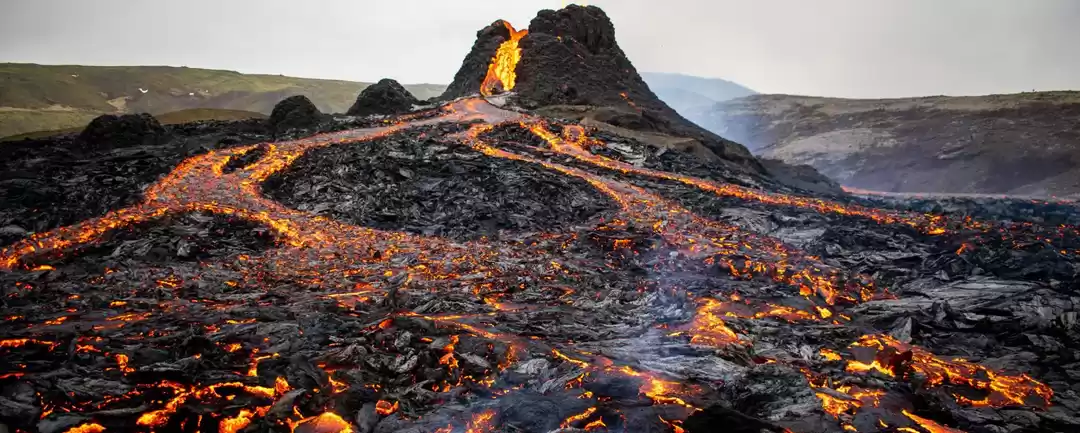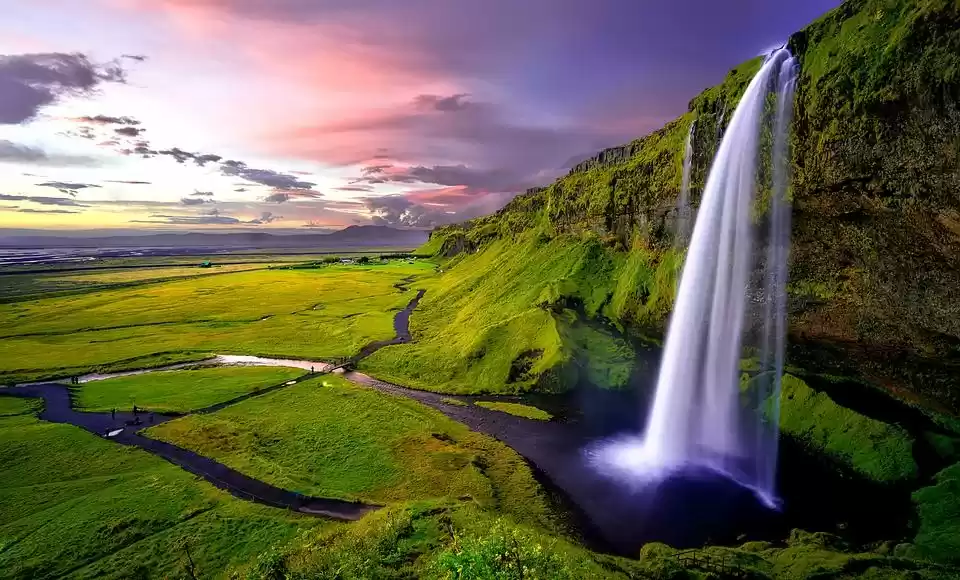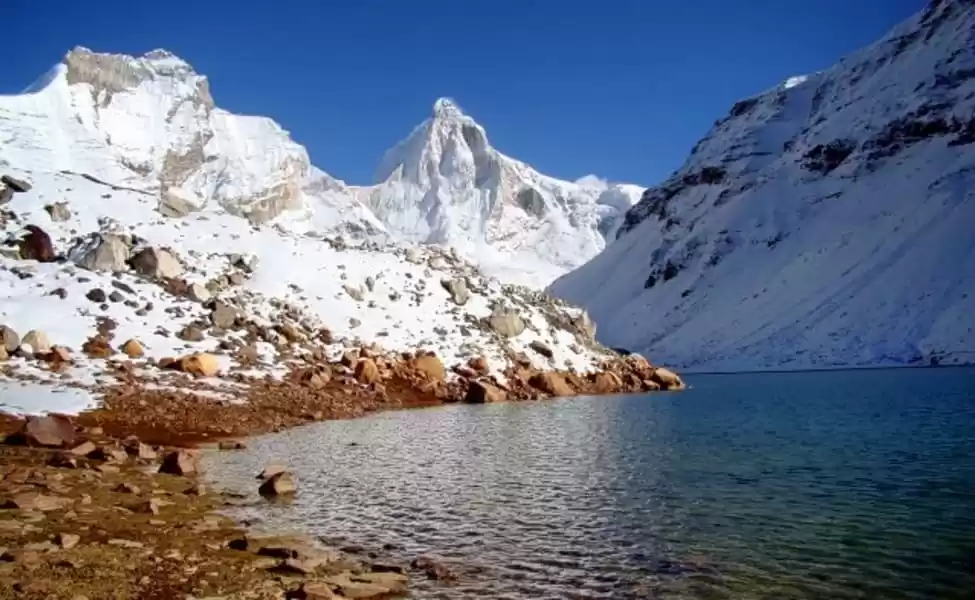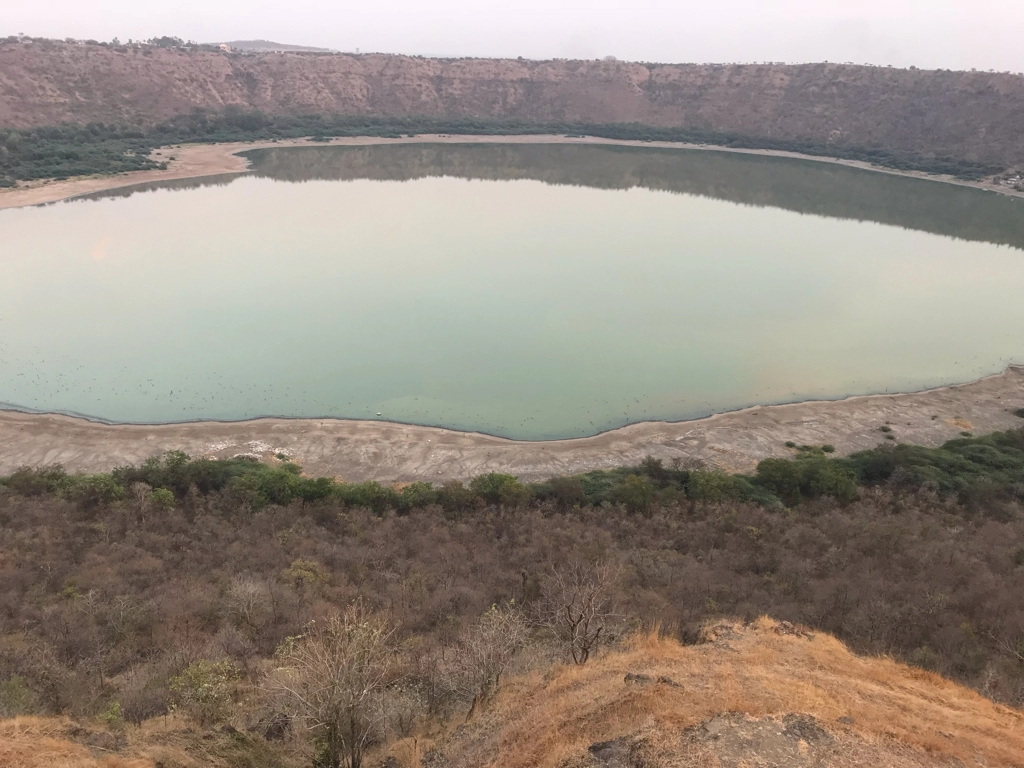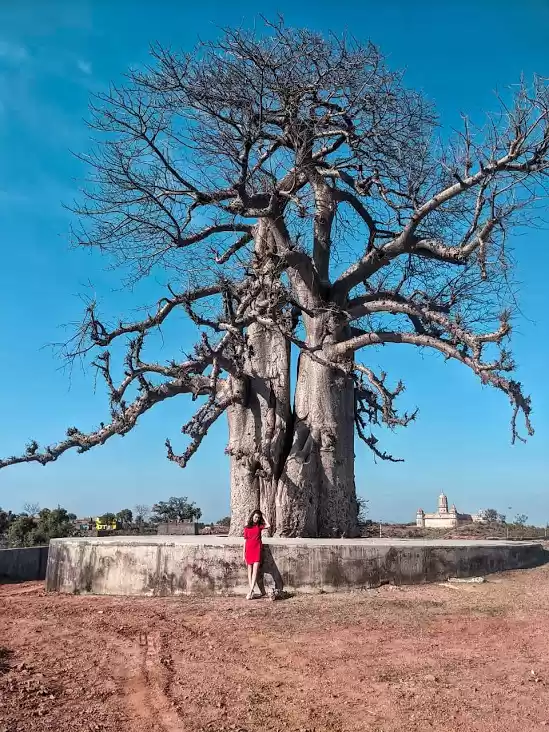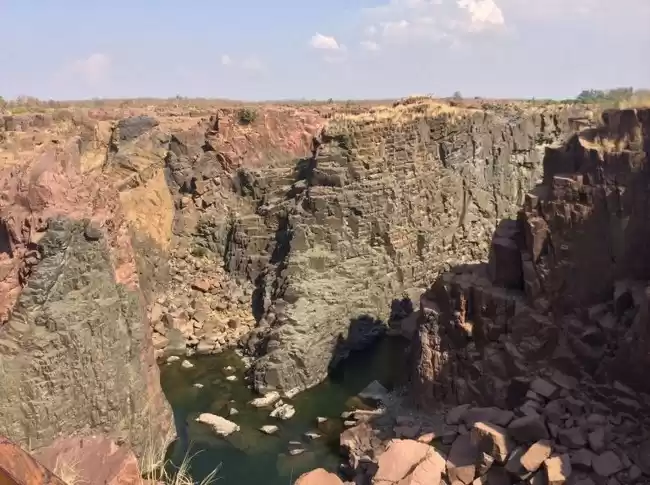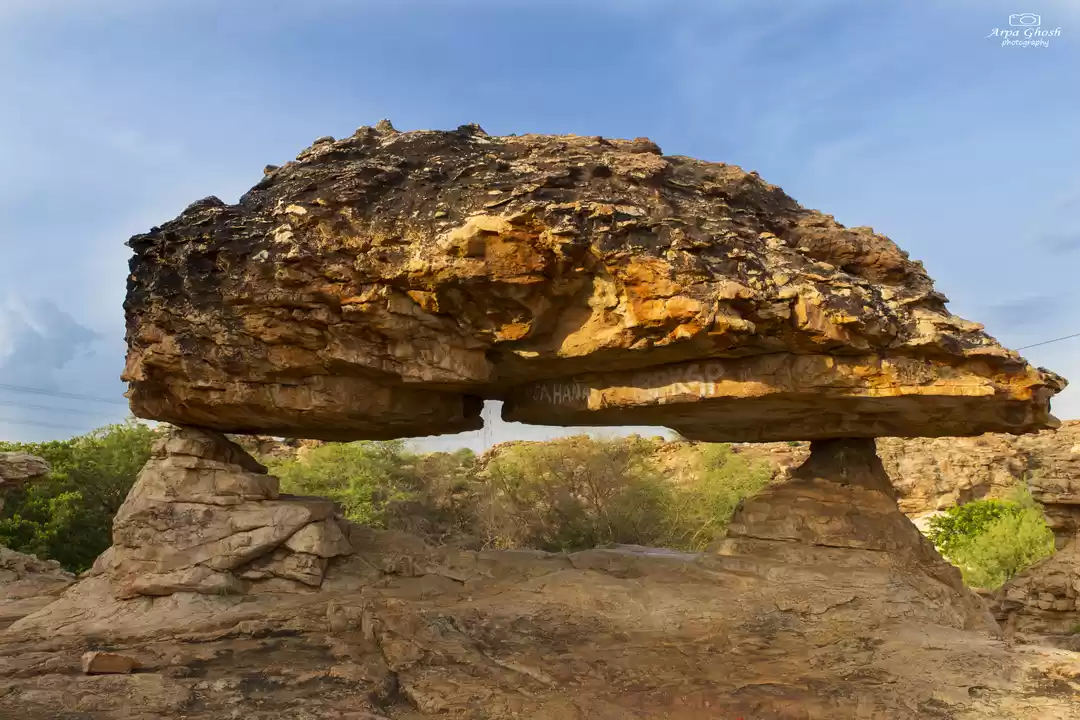The world is full of mysteries, especially when it comes to discoveries. One such mystery revolves around the hows and whens of land emergence. Ever wondered who discovered the first beach?
Even with top-notch technology at our disposal, we have only been able to pinpoint how and when the continents emerged from the ancient Waterworld.
However, in a recent turn of events, scientists from India, Australia and the US have found that the first continental land emerged 3.2 billion years ago in an area that is now the Singhbhum region of Jharkhand. This new finding is at odds with previous estimates, which suggested that the first continents emerged 2.5 billion years ago. Priyadarshi Chowdhury, the lead scientist, studied the sedimentary rocks of Singhbhum.
The place is simply mesmerising and one of the best beaches to be visited in the country.

How was the discovery made?
The team analysed sandstones that had geological signatures of ancient river channels, tidal planes and beaches that date back to over 3 billion years ago, representing the earliest crust exposed to air.
They also used continental fragments from India, Australia, and South Africa to date some of the planet's oldest rocks, which are thought to have developed from the world's first beaches.
What were the findings?
The emergence of this landmass would also have contributed to the formation of early life on land, as well as weathering and nutrient runoff into the ocean. These nutrients might have helped early photosynthetic life flourish, which in turn produced oxygen that helped create the rich atmosphere we currently live in, the scientists said.
Another interesting thing that emerged from this finding was that the widely-considered notion that plate tectonics contributed to the emergence of the landmass did not hold in Singhbhum’s case.
What does the scientist have to say?
In a recent paper published in Proceedings of the National Academy of Sciences, researchers said the broad consensus is that the subaerial rise of continents began nearly 2.5 billion years ago and was driven by plate tectonics. In Singhbhum, they integrate the igneous and sedimentary history of Archean cratons to demonstrate that stable continental landmasses started to emerge above sea level 3.3 to 3.2 billion years ago (i.e., over 700 million years earlier than most models predict).”
The existence of weathered and eroded sedimentary rocks more than 3 billion years old led geologists to speculate that partially submerged continents existed around 3.4 billion years ago. This is because the sedimentary rocks could form only after land broke through the surface of the early Earth's oceans.
What drove the Singhbhum Craton out of the ocean?
From the cratons, researchers took samples of volcanic rocks, which are generated by the crystallisation of hot magma. These igneous rocks are found directly beneath the sedimentary rocks in the craton, forming a kind of foundation.
For the continents to emerge above the surface of the water, their crusts need to be at least 45 km in thickness. If their thickness is less than 40 km, the continental blocks would remain submerged.
According to the model the scientists created, heated magma plumes beneath the crust caused areas of the craton to thicken to about 50 km and become enriched with buoyant, lightweight elements like sicilia and quartz around 3.5 billion to 3.2 billion years ago.
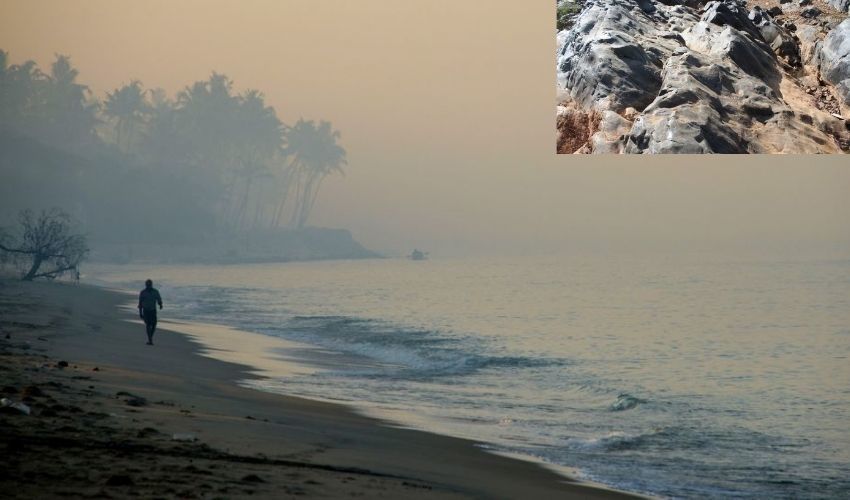
However, as per reports, the precise timing and extent of the emergence of cratons remained ambiguous. This is where the present study comes in. Not only does this new study suggest that the continents emerged 700 million years earlier than previously thought, but it also claims that entire cratons, not just small patches of land, emerged from the oceans 3.3 billion years ago. The formation of the Singhbhum region is truly unique.
The scientists claim that the widely-considered notion that plate tectonics contributed to the emergence of the landmass does not hold true in the case of this region in Jharkhand. The new findings shed more light on the formation of the Earth's earliest continents and how they may have influenced the planet's atmosphere, oceans and climate.
Wouldn't you put the ‘world’s first ever beach’ on their travel bucket list?















